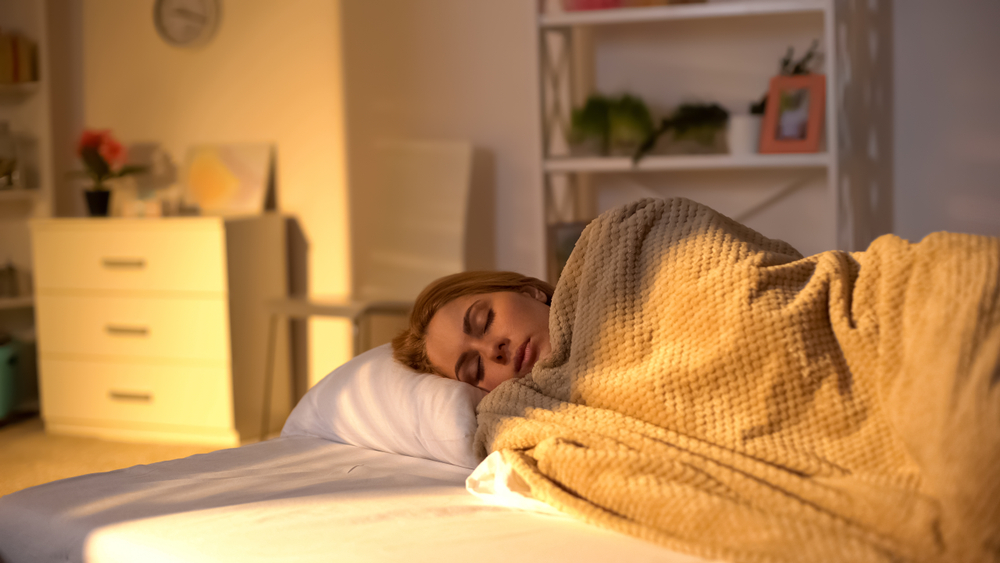Sleep depends on our internal biological clocks, especially our circadian clock. In this article, we will see the main factors affecting sleep. Indeed, these factors adjust our biological clocks, called external synchronizers of the biological clock, “zeitgebers” or “time givers”.
Light: a main factor influencing sleep

Light is one of the most important factors affecting sleep and, thus, our internal biological clock. The circadian rhythm synchronizes with light variations throughout the day.
At the physiological level, when the retina cells receive information from light, the brain blocks the production of melatonin, a hormone secreted by the pineal gland (also called epiphysis). As a result, it causes a decrease in body temperature and induces drowsiness to facilitate sleep.
The absence of melatonin thus favors wakefulness and vigilance. Its secretion increases with darkness, up to 10 times more at night than during the day. The peak of melatonin secretion is around 2/3 am, which persists for several hours (on average, 8 to 10 hours). Thus, we must be vigilant about the duration of exposure, the intensity, and the color spectrum of light because they will have profound consequences on our sleep.
Blue component of light, an external factor influencing sleep
Melatonin will be particularly sensitive to high-intensity light of about 2500 lux but also to the blue component of light, which is very present in LED lighting and glare from screens, even if it is of low intensity. Blue light is not perceived as blue in its natural state by the human eye. It is a small fraction of the “blue-violet” of the light spectrum. This fraction is between the ultraviolet rays. The particularity of blue-violet light is its remarkably short waves. These short waves penetrate deep into the retina. This blue light stimulates and supports our attention span and therefore, on the contrary, disturbs our sleep. It is also irritating to the eye.
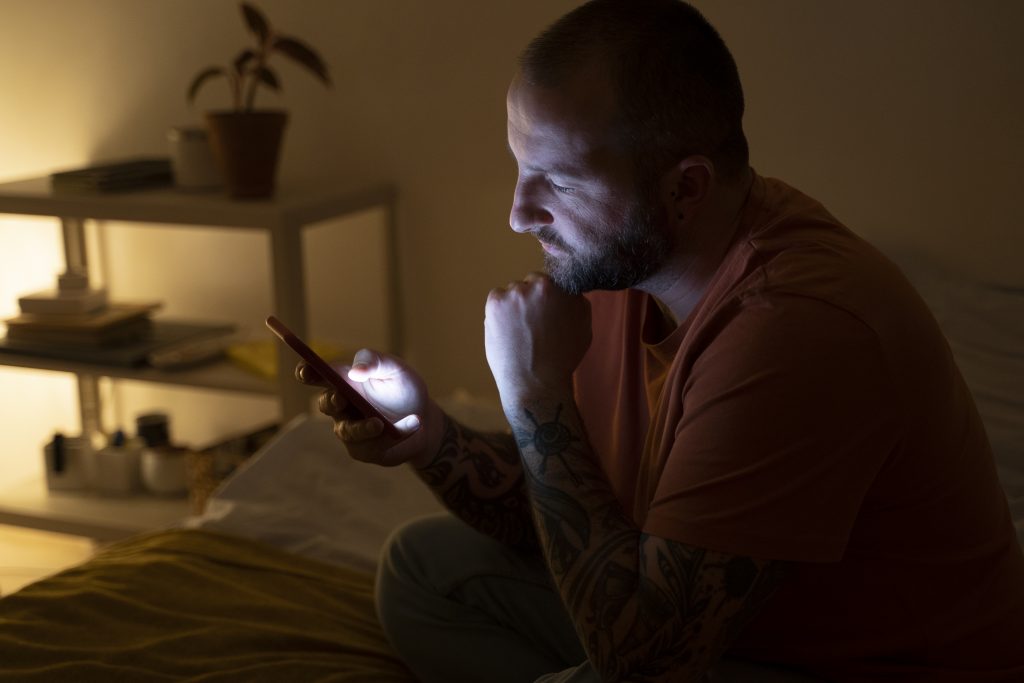
Exposure to natural lights
To synchronize our biological clock, it is effective to expose ourselves directly (and not behind the window’s glass, which filters UVB rays) to natural light as soon as possible in the morning and ideally for at least 30 minutes. Note that the earlier we expose ourselves to light, the more we advance our clock.
In the evening, it is preferable to favor soft artificial lighting with warm colors. and especially to avoid screens (television, computer, smartphone, etc.) whose emitted light is very rich in blue components to avoid disturbing melatonin secretion. Researchers warn of the serious dangers of screens that delay sleep, shorten the duration, and alter the quality of sleep, which increases fatigue and cognitive performance and leads to chronic insomnia. People with a more transparent lens may suffer from rapid and irreversible vision loss.
Temperature
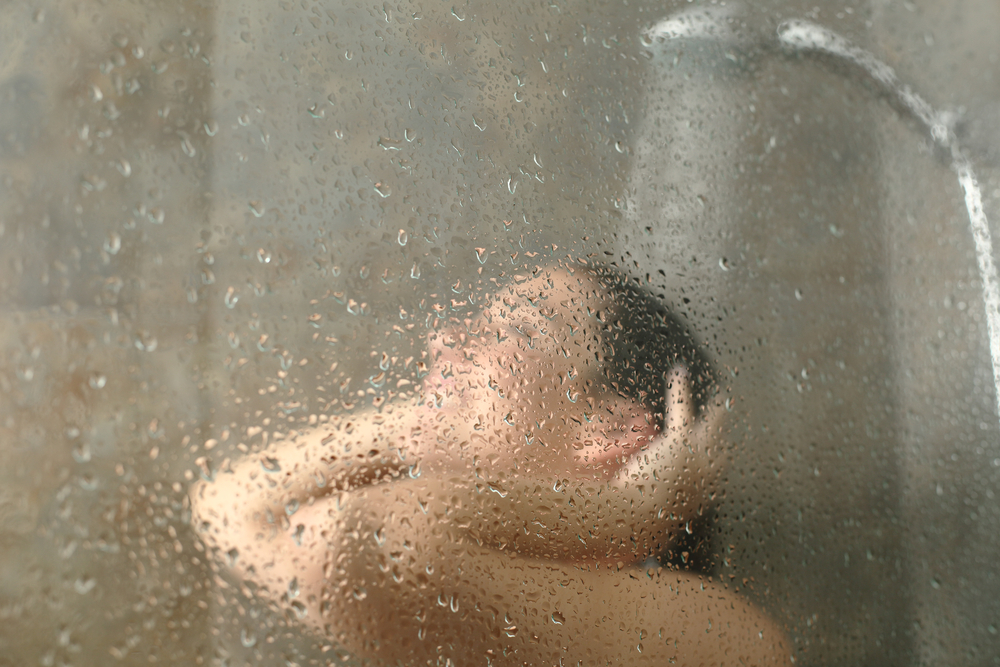
Body temperature is one of the main factors affecting sleep-wake rhythms. Our body temperature follows a rhythm that does not depend on whether we sleep or not. Normally the temperature increases during the day and reaches its peak around 5 pm. Then, the temperature decrease at night with a minimum of around 4 am. The thyroid gland’s function is to produce hormones that will regulate the metabolism and the temperature. The optimal sleep window is between when the body temperature starts to decrease and when the body temperature starts to increase. Therefore, when body temperature rises, it naturally promotes wakefulness and alertness..
Conversely, when body temperature drops, it promotes drowsiness and sleepiness. Staying awake too long results in a drop in core temperature. That’s why you may have experienced a feeling of coldness after a sleepless night. The action of melatonin on the drop in temperature in the evening will be all the more marked as the body temperature was high during the day.
In other words, the higher the body temperature during the day, the more it increases the quality of wakefulness during the day and the pressure to sleep at night. Note that taking certain medications, such as paracetamol hinders the increase in body temperature during the day, which can lead to difficulties in falling asleep. A good physical activity, sunbathing, sauna, hammam or hot baths during the day help to increase the body temperature.
Physical activity: one of the major factors affecting sleep
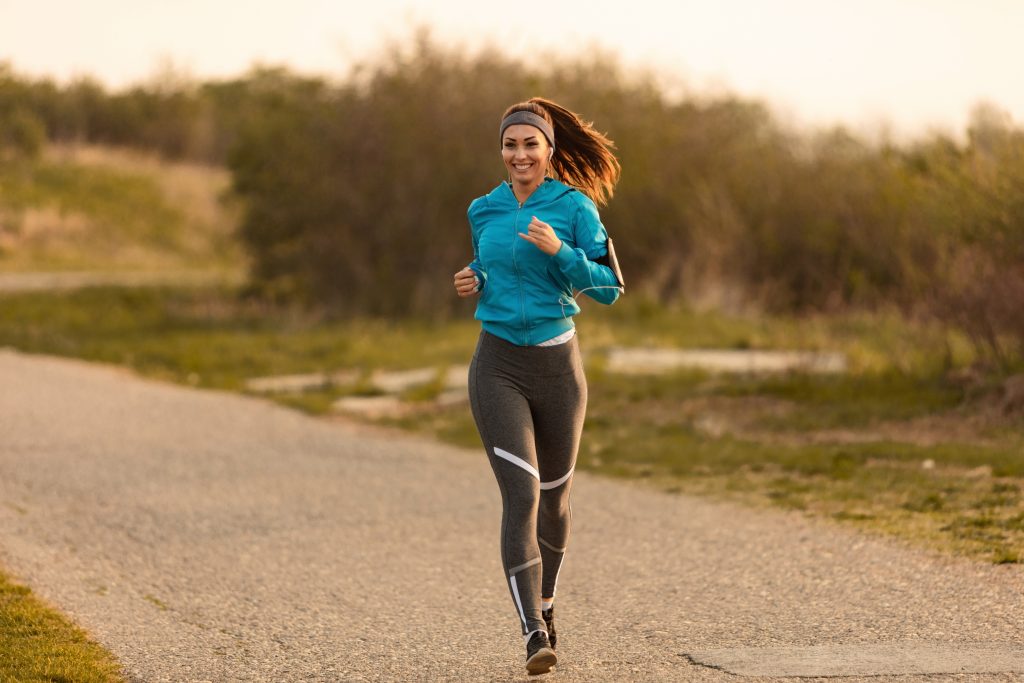
Physical activity is one of the factors affecting sleep by increasing the body temperature.It has the effect of waking up during the day and increasing the pressure to sleep in the evening. Endurance sports, such as running, dancing, or swimming, are particularly recommended because they help increase deep sleep.
Physical activity & time
Physical activity throughout the day is ideal, and it improves the quality of wakefulness. But if you do a sport only once daily, the ideal time is around 5 pm, when body temperature peaks. It is the time of day when the best sports achievements are often made. However, as it is necessary to give the body time to gradually lower the temperature in the evening, practicing a sport in the 4 hours before sleep is not recommended. Apart from its action on body temperature, physical activity also helps to release tension and tire the body, which also promotes deep and restful sleep. On the other hand, a lack of physical activity and a sedentary lifestyle lead to decreased sleep pressure. For example, many insomniacs are not able to get enough sleep.
Diet
Our diet is one of the main factors affecting sleep on several levels. First, the timing and rhythm of meals will help synchronize our circadian rhythm with our activity. We don’t have an internal clock that genetically determines meal times. Still, we have a gene called Period capable of timing the passage of time. Also, it predict the synchronization between available food and wakefulness, and anticipating the time of food intake. Thus, if you want to be synchronized with activity during the day and the rest of the night, eating during the day at fixed and well-distributed times will be important by establishing dinner at least 2 hours before bedtime.

Breakfast in the morning will be important for people subject to phase shift/desynchronization. Indeed, morning food intake sends the body a signal to wake up and start our internal clock. Avoiding snacking throughout the day or getting up at night to eat will help you synchronize the rhythm of digestion with fluctuations in body temperature. Moreover, It will synchronize the rhythm of digestion with the rhythm of sleep. If you have a night job, save your meals for the day, even if you have to interrupt sleep during the day to eat.
Night work

Generally speaking, research on night work indicates that it causes over-fatigue. Moreover, it leads to premature wear and tear. Furthermore, the health status of night workers decreases more rapidly than day workers, and they age more rapidly. More specifically, sleep disorders are the main adverse effects of night work. Indeed, daytime sleep is shorter and more fragmented due to the desynchronization of circadian rhythms.
Finally, various external disturbances, such as noise and light, in addition to being characterized by a shorter period of REM sleep is necessary to repair mental fatigue. This sleep disruption also leads to chronic fatigue and increased use of medications to help sleep, which can have health side effects.
Other adverse consequences
Other effects include digestive and gastrointestinal problems. These problems range from appetite disorders to ulcers to obesity. In addition, night shift workers reportedly consume excessive tea and coffee. but also, higher carbohydrate industrial foods and often an extra meal, among other things.
Moreover, the stress linked to the lack of REM sleep and a bad diet would lead to cardiovascular disorders such as hypertension and angina pectoris. Still linked to this lack of REM sleep, we also note in these workers numerous nervous disorders, such as headaches, anxiety, aggressiveness and asthenia.
When working at night (between 9:00 pm and 5:00 or 6:00 am.), the hormones whose secretion is linked to darkness are no longer or hardly ever produced. Recent studies, including one of the International Agency for Research on Cancer, suggest that the lack of melatonin secretion may suppress estrogen secretion. This supression may promote the development of hormone-dependent breast cancer.
The nature of the meal
Secondly, the nature of the meal is one of the factors affecting sleep quality. A large American study has shown that the more calories and nutrients we eat, the less sleep we get.
Moreover, eating too much sugar with a high glycemic index and consuming alcohol would increase the number of night-time awakenings. Similarly, eating too much-saturated fat, such as deli meats and fatty dairy products, would make sleep lighter and lengthen the time it takes to fall asleep.

We can also mention the consumption of stimulants such as coffee, tea or cocoa, which act against sleepiness. Indeed, they by block adenosine receptors. Finally, they have a stimulating action up to 6 hours after ingestion. So, avoiding them at the end of the day is important.
Chrono nutrition
Chrono nutrition is one of the external factors affecting sleep. It looks the time and composition of our meals. It help determine the ideal diet that respects our biological clock and physiology. During the day, consuming good proteins provides tryptophan and glutamic acid. These are two amino acids necessary for producing melatonin. This neurotransmitter promotes calm.
Among quality proteins that are rich in tryptophan it includes: raw or steamed fish, free-range eggs, sprouted legumes, nuts. It also includes: pre-soaked seeds, seaweed and pollen for vegetarians. However, red meat and avocados, should be avoided at dinner. Indeed, they decrease melatonin production in the evening. moreover, they favor the synthesis of dopamine which is preferable in the morning. However, be careful not to have a heavy dinner because it disrupts sleep.
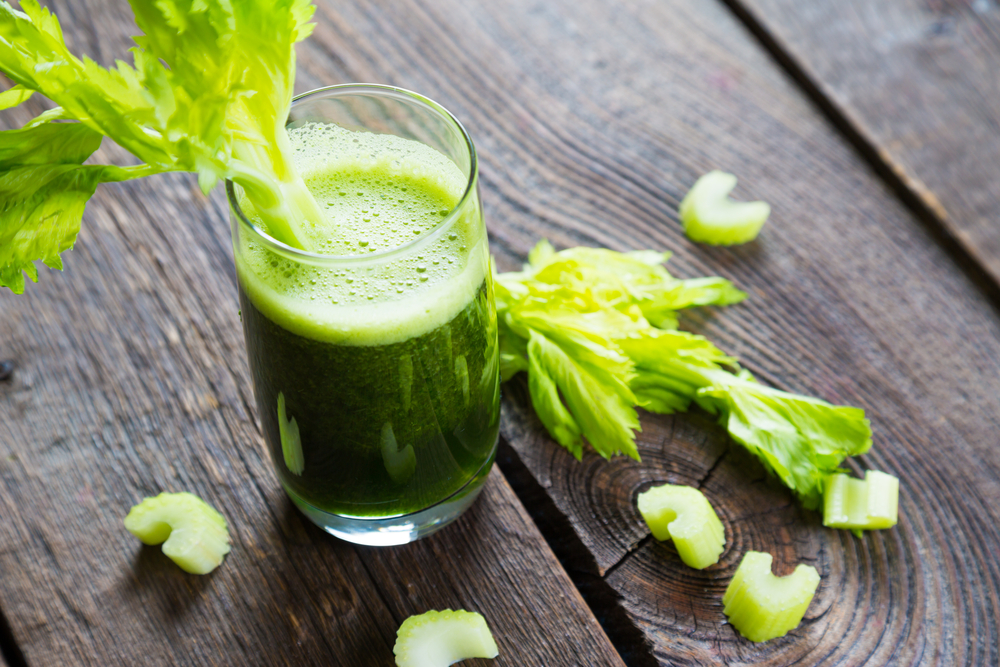
To facilitate the passage of tryptophan in the brain (which will be transformed into serotonin and then into melatonin), dinner can be made without proteins. Still, it will be composed of low glycemic index sugars. Among these sugars, we can mention watery fruits and the reasonable consumption of sweet potatoes. And also : buckwheat, quinoa, lentils or even rice. The passage of tryptophan in the brain is also helped by ingesting good quality high glycemic index sugars. These sugars are present in dense fruits. Note that celery juice lowers body temperature and is ideal as an evening juice.
Rythm & lifestyle
Fixed meal times, routine physical and social activities, evening rituals before bedtime, regular bedtime and wake-up times, habits and routines, will help synchronize our biological clock and improve our sleep. For example, stress and overwork will lead to hypervigilance and excessive wakefulness. It is because it prevents the body from increasing its sleep pressure. On the other hand, leisure, social contact, and general pleasure help reduce hyper-vigilance.
If you want to learn more about sleep, don’t hesitate to have a look on my dedicated website: Jeûne & Sens
Would you like to discover more information about sleep?
Have a look at our other articles :

